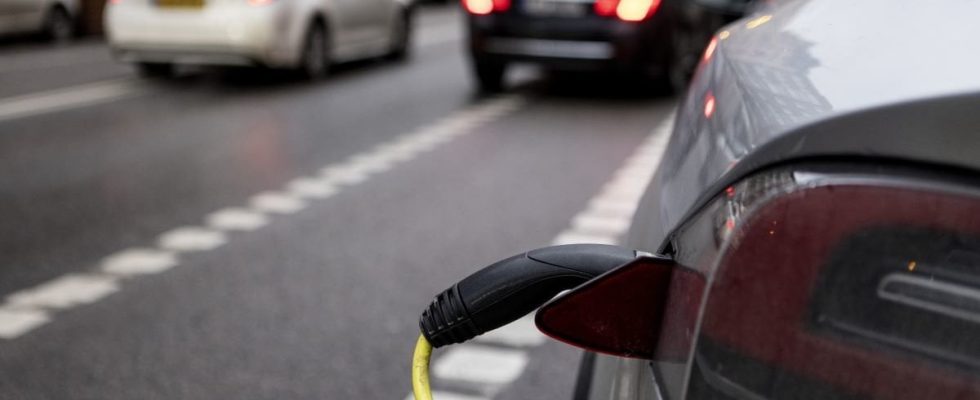A new survey conducted by Kantar Media on behalf of Circle K shows that Swedish motorists are increasingly pessimistic about how quickly electric cars will take over our roads.
Two years ago, 23 percent of Swedish drivers believed that more than half of all cars on the road will be electric as early as 2030. Last year, the corresponding figure was 19 percent.
Read also: How close to an intersection can you park? Here is the answer
More and more negative things about electric cars
This year, only 10 percent of the country’s motorists believe that at least half of the cars will be electric by 2030.
Considerably more, more precisely 34 percent, believe that it will take until “sometime after 2035” before electric cars are in the majority on Swedish roads.
19 percent of the respondents in the study also state that they have become more negative about electric cars in the past year, compared to 13 percent last year.
– We know that new car sales have decreased, which is mainly noticeable in the private market for electric cars. Now our survey shows a downward trend even in terms of the attitude towards electric cars themselves, and it is unexpected that so many people state that they have become more negative, says Erika Albansson Söderlundcommunications manager at Circle K.
Read also: Tesla’s new trick: Unlock the car’s full range for payment
Climate bonus the key to buying an electric car
According to the survey, the main reason why Swedish motorists do not buy an electric car, with 64 percent of the votes, is that they cost more to buy than a fossil car. The corresponding figure last year was 58 percent.
At the end of 2022, the climate bonus was abolished, and recently there has been debate about how this has affected the sale of electric cars.
In last year’s survey, 65 percent of respondents indicated that the scrapped bonus does not affect whether they will switch to an electric car, while 23 percent answered that the scrapped would delay their switch to an electric car.
In this year’s survey, the question was asked whether motorists would be more likely to switch to an electric car if the bonus were reintroduced. To that question, the answer was yes from 40 percent of the respondents.
Read also: The Tesla app you should avoid: Can cheat you out of 1,000 kroner
Who will pay the new electric car bonus?
However, the respondents do not agree on who should be responsible for the subsidies.
35 percent of respondents in the survey answered yes to the question of whether the state should subsidize the purchase of private electric cars, while fully 50 percent answered flatly no.
– Our interpretation of the figures is that a reintroduced climate bonus would increase interest in switching to an electric car, but it is not entirely obvious that one thinks that a bonus is automatically good. However, there is no doubt that the scrapped bonus affected the pace of the transition, says Erika Albansson Söderlund.
Read also: The car giant is turning: Rebuilding electric cars for gasoline operation
